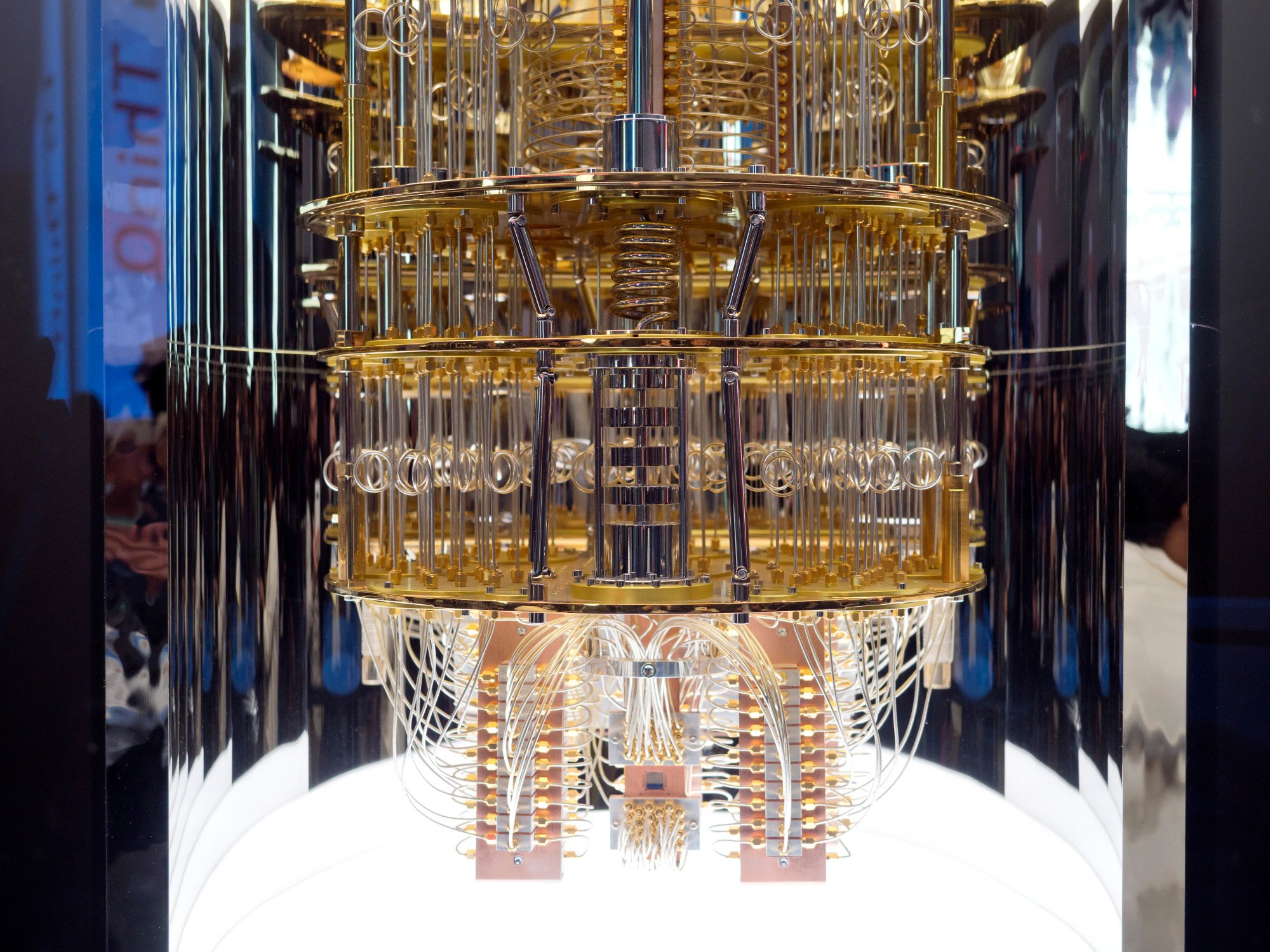US tops list of users from 61 countries to have accessed Origin Wukong remotely in 10 days, Science and Technology Daily reports. Co-founder of firm that built machine cites notion of ‘scientific exploration without borders’, though ‘US quantum computers are not open to China’. — SCMP
China’s independently developed state-of-the-art quantum computer, Origin Wukong, was opened up to global users 10 days ago.
Since then, remote visitors from 61 countries have been able to access the superfast computer, with the United States topping the list, Chinese state media reported on Tuesday.
The Science And Technology Daily, published by the ministry of the same name, said the number of remote accesses to Origin Wukong had surpassed 350,000 as of 10am on Monday.
Users from Bulgaria, Singapore, Japan, Russia and Canada were among those who logged in, but the US led the tally, it said, without providing specific numbers.
The machine had completed 33,871 quantum computing tasks for global users since it became operational on January 6, the report added.
Named after the Monkey King of Chinese mythology, Origin Wukong is China’s first home-grown third-generation superconducting quantum computer.
It is China’s latest and most advanced programmable and deliverable machine of its kind, according to the Science And Technology Daily.
Origin Quantum, the company behind the feat, was founded in 2017 by Guo Guoping and Guo Guangcan – leading quantum physicists at the University of Science and Technology of China (USTC) in southeastern Anhui province.
“US quantum computers are not open to China,” Guo Guoping told the Post. “But, adhering to the notion of scientific exploration without borders, we are willing to open our services to users around the world, including the US, to jointly promote the concept of quantum computing for the benefit of mankind.”
Quantum computing is seen as a disruptive technology. It uses elementary particles called qubits, short for quantum bits, as its basic unit of information – equivalent to the digital bits used in traditional computing.
China and the United States are among major world powers racing to be No 1 in utilising the key technology, which has the potential to transform many fields, including healthcare, finance and data security.
Origin delivered its first superconducting quantum computer to the domestic market in 2020. The country’s first practical quantum computer was also from Origin – the 24-qubit Wuyuan second generation machine that was delivered to an undisclosed user in 2021.
The feat made China the third country – after Canada and the US – to gain the capability to deliver a complete quantum computing system.
The Wukong is powered by a 72-qubit home-made superconducting quantum chip, also called the Wukong chip.
Jia Zhilong, a director in charge of quantum chip research and development at Origin, said the launch of this locally made chip and computer was akin to an “entry ticket” to the field of superconducting quantum computer manufacturing.
He said it showed that China was capable of independently producing scalable quantum computer chips and systems of a certain size, local newspaper Anhui Daily reported earlier this month.
Kong Weicheng, another researcher at Origin, told the paper that the company’s latest powerful machine could send out and execute up to 200 quantum circuits at one time, giving it a greater speed advantage.
Despite these advances, the quantum gap between Chinese players and their Western counterparts remains wide.
In November 2022, America’s IBM launched its 433-qubit “Osprey” processor, the world’s fastest quantum computer at the time. In October last year, Californian start-up Atom Computing left the Osprey behind with the debut of its first quantum computer with more than 1,000 qubits. Two months later, IBM unveiled the Condor with 1,121 superconducting qubits.
Although having more qubits does not necessarily mean better performance, large numbers will be needed to build error-free quantum computers that would be more useful than today’s “noisy” research machines, involving a certain probability of errors during the calculation process.

Chinese scientists acknowledge the gap with the West.
In late 2022, Zhang Hui, general manager of Origin Quantum, said China was at the forefront of global quantum science research but “relatively behind” in quantum computing.
The development of quantum computers involves many advanced engineering issues, Zhang told Chinese news outlet Guancha.cn. This includes the production of superconducting chips and traditional semiconductors – both crucial hi-tech areas where China lags behind the US and the West.
He added that there was a huge gap between China and the US in the industrial applications of quantum computing.
“Leading players such as IBM and Google started exploring industrial applications as early as the 1990s. But it’s only since the establishment of Origin Quantum in 2017 that we started exploring industrial applications,” Zhang said.
However, whether featuring 72 or more than 1,000 qubits – quantum computers are not about to replace conventional ones soon. At this stage, they can only perform very specific tasks for short periods of time in a protected environment.
Numerous technical challenges, such as the ability to correct errors, have led some scientists to forecast that a practical quantum computer is still years, if not decades, away. – South China Morning Post





